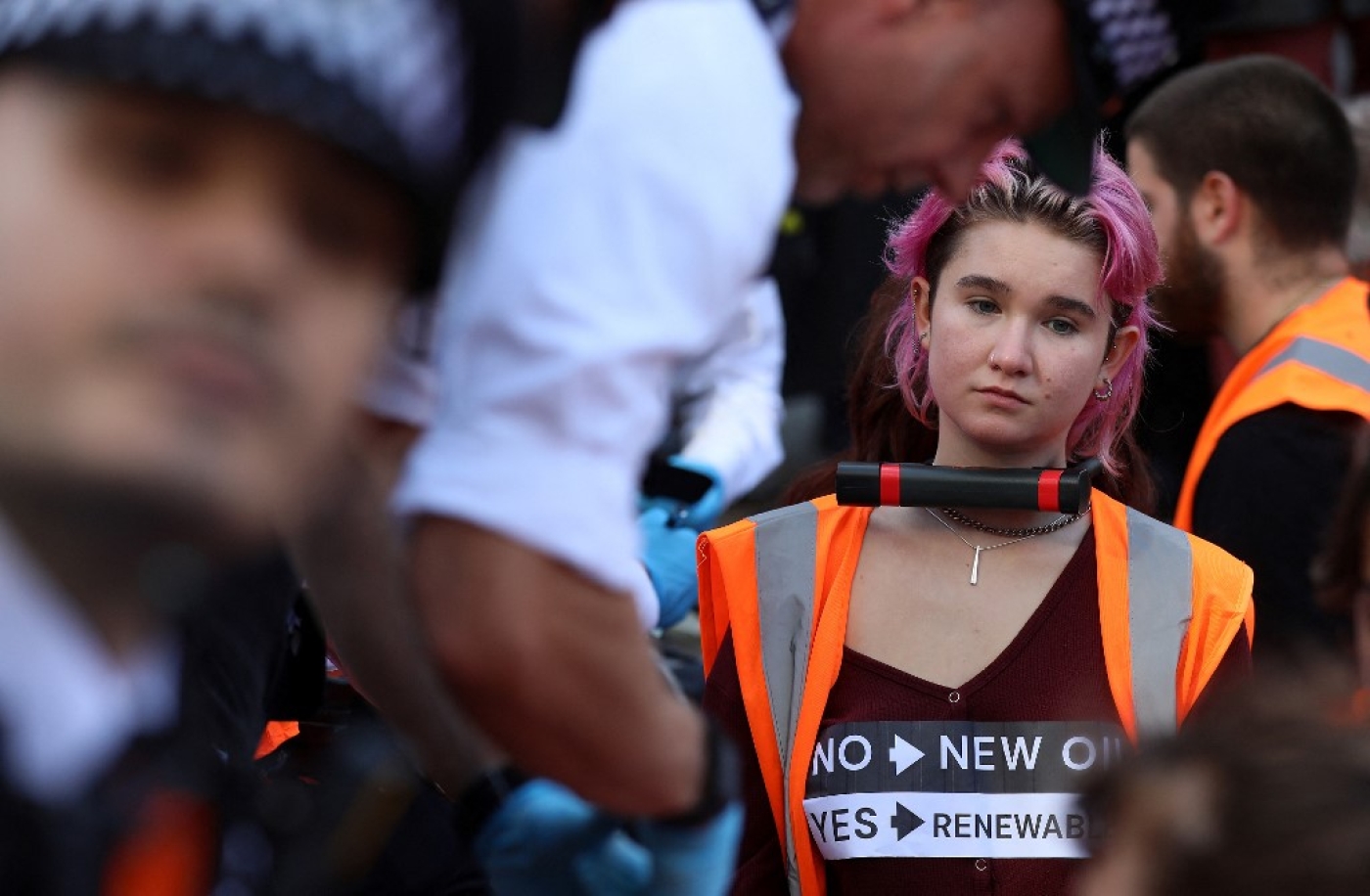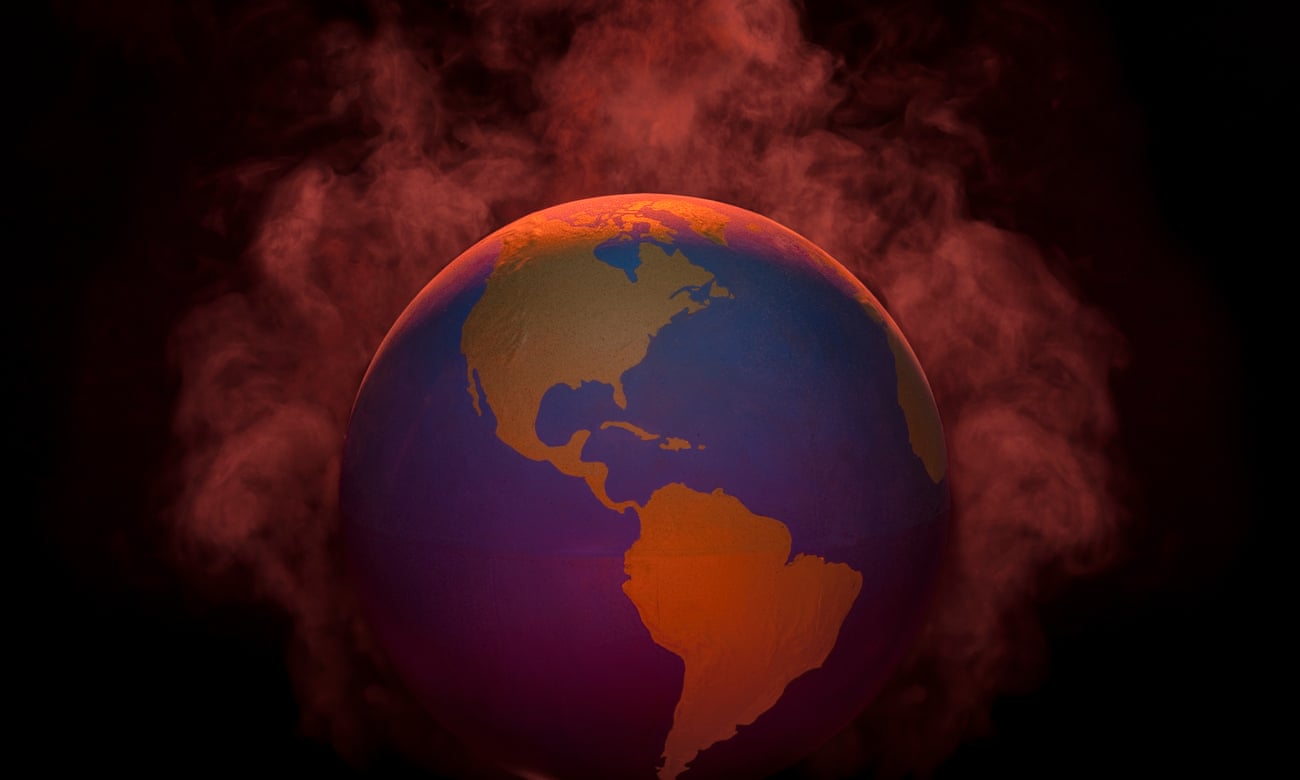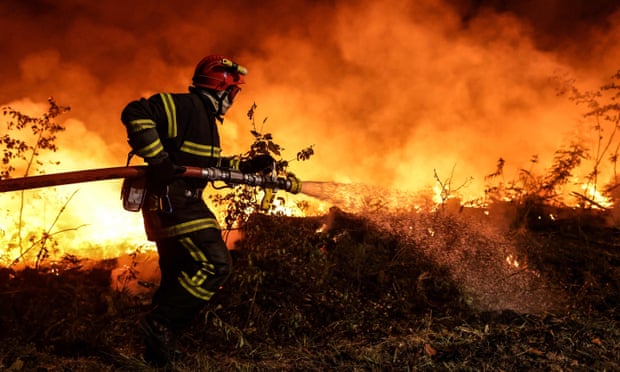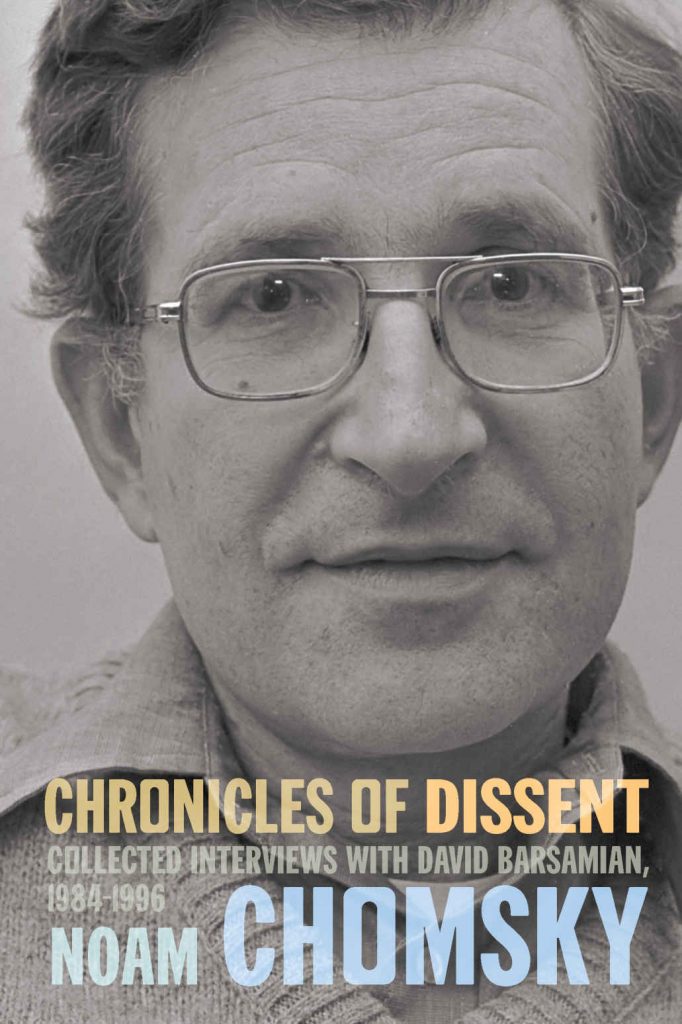Blocking roads isn’t crazy – It’s our last hope that sanity will prevail
Jonathan Cook (Middle East Eye)
A lack of public concern in the West at dealing with the impending climate catastrophe isn’t accidental. It’s been engineered.
COP27, the United Nations’ annual climate conference attended by world leaders, kicked off in Egypt at the weekend in the midst of a wave of civil disobedience actions in the UK.
The protests have been led by environmental groups such as Just Stop Oil and Extinction Rebellion, and come as oil giants have announced massive profits from surging energy prices caused by the Ukraine war, and new reports show catastrophic climate change is soon to reach a tipping point, becoming irreversible. (...)
(Text continues below the photo.)

Protesters, with their necks padlocked together, block the road as they take part in a protest by Just Stop Oil climate activists at Piccadilly Circus, London, on 9 October 2022 (AFP)
Most of these actions have been ignored by the media or dismissed as the antisocial posturings of individuals divorced from the concerns of ordinary people. (...)
But the criticism most widely hurled at these various forms of direct action is that they are counterproductive, that they antagonise ordinary people and make them stop listening.
There is an obvious rejoinder. No one appeared to be listening before the activists took to the streets. Endless scientific warnings have made little impact on public discourse. The establishment media have paid only lip service to the dangers, even as the effects on the climate have become harder to overlook. And governments have made placatory noises while doing nothing meaningful to reverse the collision course humanity is on with the planet. (...)
The World Meteorological Organization, meanwhile, noted that the three greenhouse gases have reached record highs, with methane – the biggest offender – showing the largest year-on-year jump.
Civil disobedience is a symptom not of the climate crisis – nature won’t listen to the protesters – but of the inaction that continues to be the default position of governing political elites, as well as the billionaire-owned media that is supposed to serve as a watchdog on their power. (...)
The establishment media is playing a crucial part in twisting social and political priorities. Every time it focuses on the inconvenience caused by the climate protests – or the potential risk of someone dying in an ambulance caught in a hold-up – it is downplaying what are already the tangible, lethal consequences of the climate emergency. (...)
Nonetheless, the claim that there is widespread antipathy in Britain towards acts of civil disobedience on the climate is greatly overstated – and by the very same media outlets determined to play down the climate crisis. (...)
Despite this, the rightwing Conservative government in London has been progressively eradicating the right of protest – precisely to prevent actions to highlight its continuing crimes against the planet.
A spate of recent legislation has been designed to criminalise any expression of dissent. (...)
Actions like glueing oneself to railings, sitting in a road, obstructing fracking machinery or tunnelling can result in up to three years’ imprisonment. “Disruption prevent orders” can be issued to anyone who has attended a protest in the last five years, banning them from taking part in future demonstrations for two years. Activists’ freedom of movement can be limited by orders requiring them to wear an electronic tag or denying them entry to specified areas. (...)
One might have hoped that at least Britain’s opposition party would be vowing to reverse such draconian measures once in office. But Labour leader Keir Starmer has suggested he would legislate even stiffer penalties for those taking direct action on the climate. (...)
What all this represents is a shift over the past decade from one kind of political insanity – a denial, either implicitly or explicitly, of a climate crisis – to a different kind of insanity: official acknowledgment of a looming climate catastrophe but a refusal to do something meaningful to avert it. (...)
But even more troubling, wars seem to be increasingly useful as a distraction. (...)
In this way, wars helpfully deflect attention from the far bigger global crisis of the environment, one in which Western leaders cannot present themselves as the Good Guys – because they are, in fact, the worst, the greediest and the most destructive of the Bad Guys.
The endless War on Terror has served this purpose all too well over the past two decades, when the climate crisis should have been the world’s top priority. (...)
Instead the constant chatter in western capitals, on TV and in the press, is about how to find new ways to generate gas and oil for public consumption to overcome the energy crisis, not how to wean ourselves off these climate-destroying fuels. (...)
But in a world of self-inflicted collapse, Putin is no more insane than his western counterparts. In truth, the only sane people are those trying to wake up everyone else, whether by glueing their hands to the road, climbing bridges or hurling soup at paintings.
> See also: Why There Is No Public Sense Of A Climate Crisis (Media Lens)
Tags: #climate #climate_change #climate_crisis #global_warming #sea_level #ocean_level #water_security #drought #desertification #paris_agreement #cop26 #cop27 #government #international_cooperation #pollution #water #water_quality #supreme_court #lobby #rupert_murdoch #media #journalism #journalist #corporate_media #state #public_opinion #heat_wave #extreme_weather #food_shortages #deforestation #bush_fires #propaganda #public_order_bill #police_bill #disruption_prevent_orders #conservatives #labour #keir_starmer #starmer #sunak #rishi_sunak #energy #energy_transition #fossil_fuel #gas #oil #extinction_rebellion #just_stop_oil




